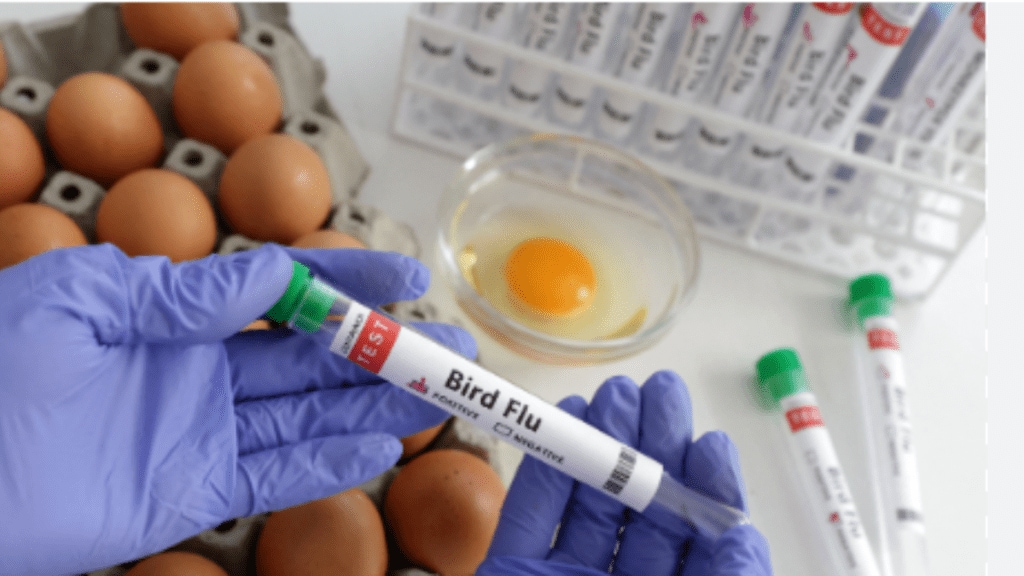The World Health Organization (WHO) announced on Tuesday that a four-year-old child in West Bengal, India, has been diagnosed with a human infection caused by the H9N2 bird flu virus.
In February, the child was admitted to a pediatric intensive care unit (ICU) with severe respiratory issues, high fever, and abdominal cramps. Following a three-month stay in the hospital for diagnosis and treatment, the child was discharged, the WHO reported.
No other symptoms reported among contacts
The young patient had direct exposure to poultry at home and in the surrounding environment. Notably, no other individuals, including family members and close contacts, reported any symptoms of respiratory illness, according to the WHO.
Details regarding the child’s vaccination status and any antiviral treatments administered were not available at the time of the report.
This case marks the second instance of human H9N2 infection reported in India, with the first occurring in 2019. Although the H9N2 virus generally causes mild illness in humans, the WHO cautioned that sporadic human cases could continue to emerge. The virus remains one of the most common avian influenza strains found in poultry across various regions.
As of now, the Indian health ministry has not issued an official response to this case.
The WHO continues to monitor the situation closely and advises the public to exercise caution and maintain good hygiene practices, especially those in close contact with poultry.







